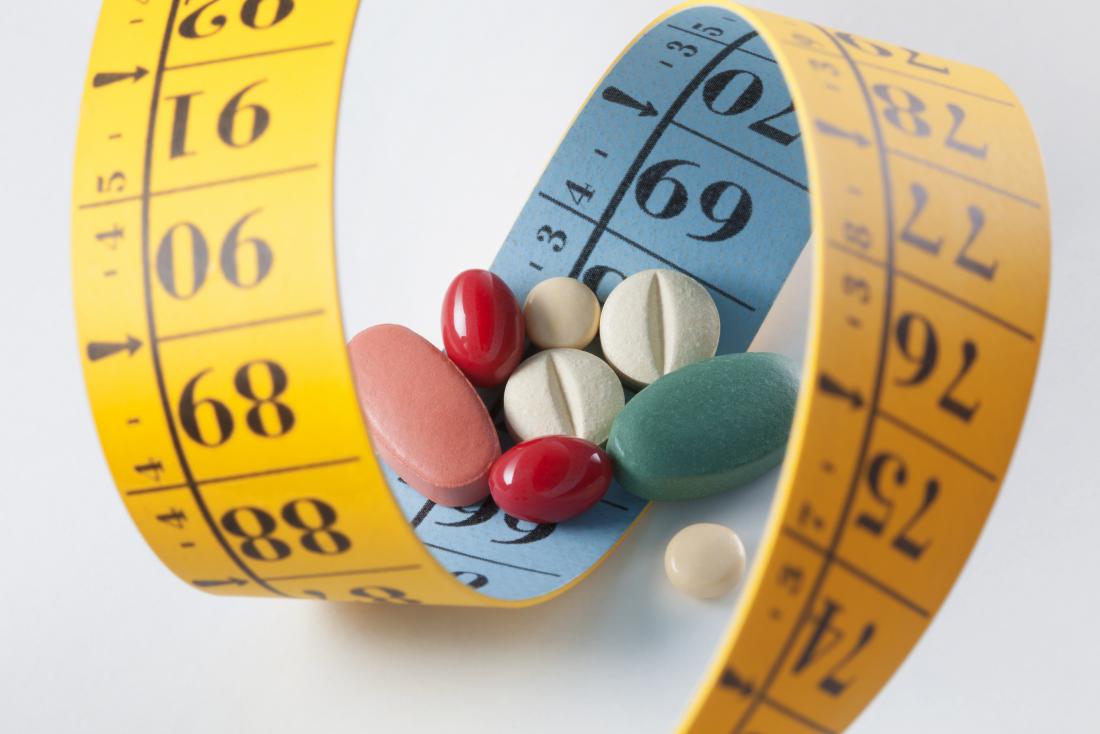Supporting Your Partner’s Vasectomy Recovery
A vasectomy is a safe and effective method of permanent birth control. However, a man will still need to use other forms of birth control for about three months after the procedure until sperm are no longer detected in his semen.
Supporting your partner during their recovery from a vasectomy can help them feel comfortable and loved. This can make their recovery faster and easier.
Make a Care Package
Men who get a vasectomy feel a bit of pressure to be good husbands, fathers, and men in general, and can sometimes worry about how the surgery will affect their sex life. Ostrowski says that men also may feel nervous about having an open conversation with their partner about the procedure and how it could impact them.
To help with the discomfort of recovery, apply ice packs intermittently to the scrotum the night after the surgery. It’s also helpful to have your partner wear an athletic supporter, as this can help with any post-surgery pain and swelling.
You should avoid aspirin and aspirin-like medications, like ibuprofen (Advil, Motrin), for one week prior to the surgery, as this can cause complications during and after the operation. Encourage your partner to drink plenty of fluids and make sure he is eating well. A couple of days after the surgery, it’s a good idea to have your partner trim his scrotal hairs as well.
If your partner is experiencing any lingering anxieties about the vasectomy, talk to his urologist. While it’s rare to regret getting the snip, for some men, there can be a psychological challenge, and it’s important that he feels supported during this time. He can always ask his urologist for advice and referrals to counseling. Studies have shown that, after a vasectomy, many men report that they are happier in their sex lives. It’s likely because a vasectomy removes fertility and birth control from their radar, so they can focus on their relationships.
Stay at Home
Vasectomies are quick, safe, and effective sterilization procedures. However, they are still surgical procedures that require some recovery time. As a partner, it’s important to help your man through his recovery by providing care and comfort. This can include things like preparing meals, offering emotional support, and helping him get to and from appointments.
Vasectomy surgery can be done in a doctor’s office or clinic under local anesthesia. It’s usually an outpatient procedure, so your man will be able to return home the same day. He’ll probably need a ride to and from the doctor’s office, so you should arrange for this in advance.
It’s common for men to experience pain, bruising, and swelling of the scrotum after the procedure. To ease this discomfort, you can help your partner stay at home and rest for a few days. Encourage him to wear snug cotton briefs or an athletic supporter during this time, which will help reduce the pressure on his testicles. He should also kick back in a recliner and try to elevate his feet as much as possible. This will increase blood circulation and speed up healing.
You can also help ease the discomfort by putting an ice pack on his groin. You can use a bag of frozen peas or a similar item that’s wrapped in a towel. This can reduce swelling and pain, and it’s important to ice this area for the first few days after the surgery.
You can help your partner prepare for his surgery by talking to him about the process. It’s important for men to fully understand how vasectomies work, the risks involved, and the recovery process. You should also talk about any other concerns or questions that he has.
Drive Them Home
A vasectomy is a simple procedure with very little risk. It is very effective at preventing pregnancy. It is, however, important to use other methods of birth control until the vas deferens have been fully cleared of sperm during a semen analysis.
It is important to have open communication and understand your partner’s reasons for choosing a vasectomy before they have the procedure. Some men may feel uncomfortable with a permanent form of birth control, especially if their partner is still hoping for more children. If this is the case, you should encourage them to explore nonsurgical birth control options.
The most important thing is to provide your partner with lots of rest after the surgery. This will help them heal faster. They should also avoid strenuous physical activity for a week or so. You can help by shaving their scrotal sac, wearing supportive underwear (such as jockstraps), and applying ice packs to reduce pain, swelling, and discomfort.
Your partner may need help getting in and out of the car after the procedure, as they will most likely be tired. It is also a good idea to have them bring a cooler with plenty of ice packs in their car so they can stay cool and comfortable for the drive home.
You can also help by encouraging your partner to eat and drink a lot of fluids. This will speed up recovery and keep them hydrated. You should also make sure your partner takes any medication they were given as instructed. Some men need to wait a while before engaging in sexual activity again. It can take 15-20 ejaculations for the vas deferens to completely clear of sperm, and it is important to use other forms of birth control until this occurs.
Be Sympathetic
Men are naturally protective of their private areas and often have anxiety about getting a vasectomy. It’s important that both parties are on the same page about undergoing the procedure and feel comfortable with their decision. This will prevent regrets down the road if you decide to try to have children later on.
It’s also helpful for women to be sympathetic during the recovery period. It may be difficult for you to understand exactly how painful a vasectomy can be, but your supportive words will help them get through it. You can say things like, “I know it won’t hurt as much as childbirth, but it will still be uncomfortable.”
A vasectomy is a quick outpatient surgery, so it’s not likely you will need to accompany your partner to the doctor’s office or hospital. However, it’s a good idea to be there to drive them home afterward. This is especially true if they’re feeling tired or if you know that they have a history of fainting or anxiety.
It’s important that your partner rest for at least a week following the surgery. They should avoid exercise and intercourse until then, as well. They will need to use other forms of birth control until their semen is tested and deemed sperm-free by the doctor. This can take up to three months after the surgery. If you have any concerns about how the procedure will impact your sexual life, talk to a urologist. They will be able to provide you with more information about vasectomy and other male reproductive health issues. They can also offer advice and support about how to prepare for a vasectomy. This will make the process easier for everyone involved.
Vasectomy Recovery: Be Prepared
A vasectomy is a quick and easy permanent form of birth control that can be performed in an outpatient procedure. However, men should be prepared for discomfort and pain after the surgery. Fortunately, there are several things you can do to make the experience more pleasant for your partner.
If you are having a vasectomy, it’s important to let your doctor know about all the medications you take. This includes both prescription and over-the-counter drugs, as some may interfere with blood clotting. For example, you should avoid aspirin, other NSAIDs (ibuprofen, Advil, Naprosyn), and any drugs that affect blood clotting for 10 days before your procedure. It is also a good idea to tell your doctor about any allergies, colds, or infections that you have.
On the day of your vasectomy, you should wear loose comfortable clothes and wash the genital area thoroughly. It is also a good idea to bring a clean jockstrap or compression shorts to wear after your procedure. This will help to keep the scrotum in place and reduce swelling and inflammation.
You should also bring a sports drink or water bottle to your appointment and be sure to pack some snacks. Your urologist will give you instructions about how to prepare for your procedure before the day of your surgery. It’s also a good idea to bring some music or other entertainment for your procedure, as focusing on this can help ease anxiety and discomfort.
You can resume sex about a week after your vasectomy, provided you feel up for it. It is important to use other forms of birth control to prevent pregnancy until your urologist confirms that your semen is completely free of sperm.




















